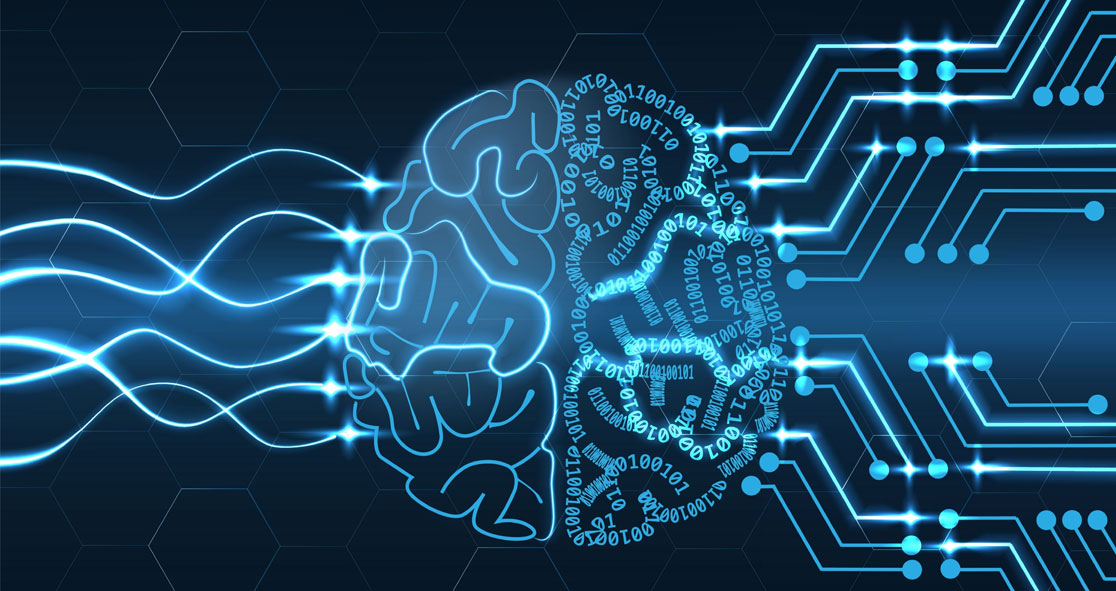Electrical brain stimulation could help people with mental health issues and neurological conditions. In fact, it is widening treatment possibilities for most patients with epilepsy and Parkinson’s disease.
Now, a team of researchers at Mayo Clinic has developed a set of paradigms that simplify comparisons between effects of electrical brain stimulation.
Collaborating with an international expert, the researchers developed artificial intelligence (AI) algorithms to develop a new type of algorithm called “basis profile curve identification,” according to Science Daily.
They conducted a study, which was published in PLOS Computational Biology, on a patient with a brain tumor who underwent placement of an electrocorticographic electrode array to locate seizures and map brain function before a tumor was removed.
The first author of the study Dr. Kai Miller, a Mayo Clinic neurosurgeon, said, “Our findings show that this new type of algorithm may help us understand which brain regions directly interact with one another, which in turn may help guide placement of electrodes for stimulating devices to treat network brain diseases.”
“As new technology emerges, this type of algorithm may help us to better treat patients with epilepsy, movement disorders like Parkinson’s disease, and psychiatric illnesses like obsessive-compulsive disorder and depression,” he added.
The study co-author Prof. Klaus-Robert Mueller said, “Neurologic data to date is perhaps the most challenging and exciting data to model for AI researchers.”
Dr. Mueller is co-director of the Berlin Institute for the Foundations of Learning and Data and director of the Machine Learning Group.
The researchers provided a downloadable code package so others may explore the technique.
Senior author Dora Hermes of Mayo Clinic said, “Sharing the developed code is a core part of our efforts to help reproducibility of research.” The article was first published in Science Daily.





















